Seven steps to falling back in love with cycling - starting with not caring what anyone else thinks
I need to find my cycling mojo - but my inherently competitive nature and perfectionism trait has me stuck in a rut
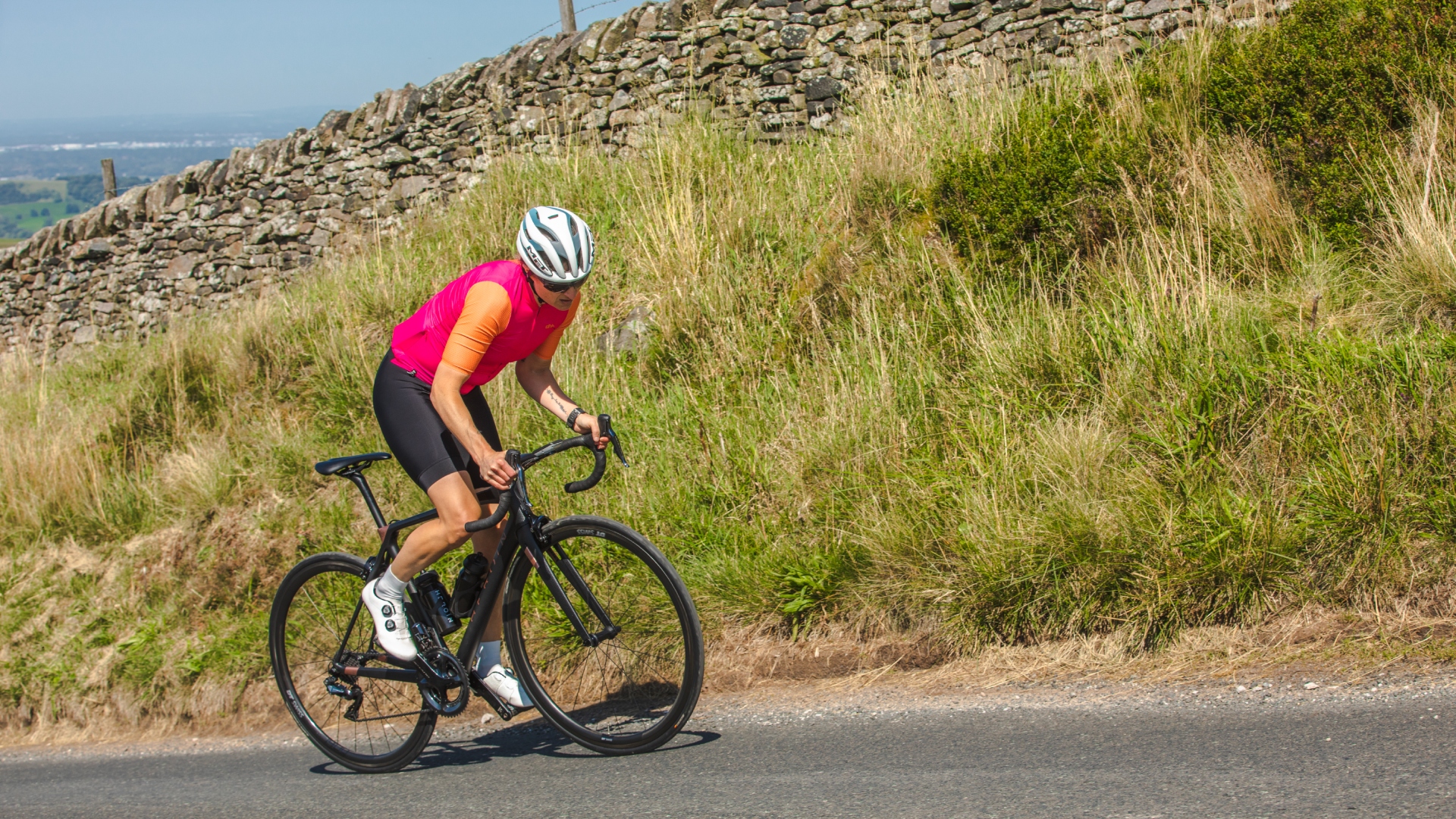
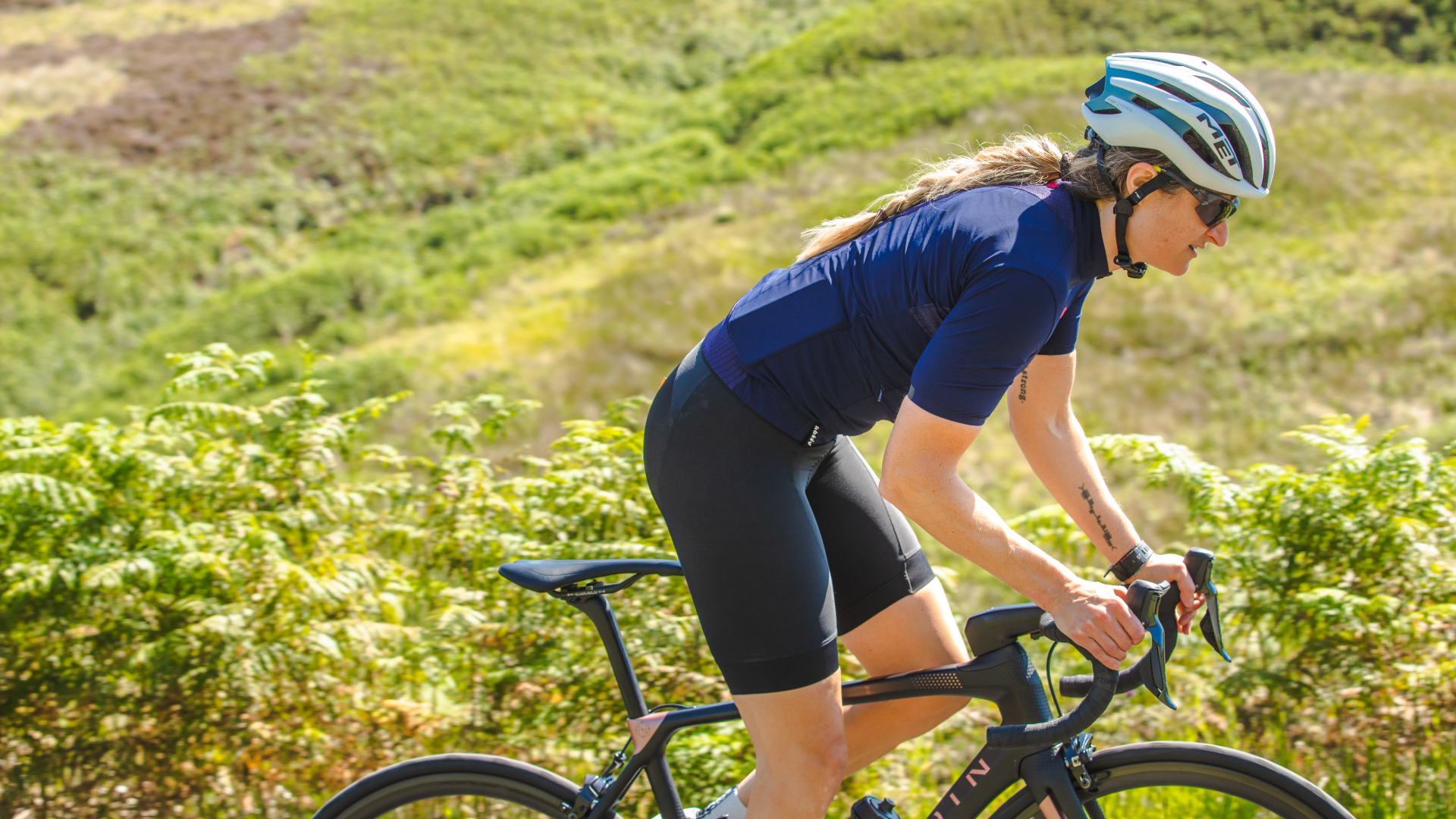
Don’t call it a comeback. No really don’t. Because while, like the great LL Cool J, I may have been here for years, I’m genuinely not rockin' my (cycling) peers, or about to be puttin' anyone in fear.
The thing is that I used to race. I spent around 12 years racing on the road and then another couple on the muddy stuff. While I was never exceptional, I was reasonable enough to travel the world racing my bike. I could ‘hold my own’ as it were.
I do still ride. I have a job that requires me to, but it's not 'riding' riding. It’s a ride with my mind firmly on the performance of the product I’m reviewing, not my own.
However, I’ve been daydreaming about riding more and more. But I’m honestly at a loss for where to start. My “I don’t have time” rhetoric is proving unfounded; I’ve found time to train to compete in a Hyrox event, so something’s not adding up.
I clearly have a mental block about getting back on the bike. But where do I start with trying to unblock it?
Googling advice for ‘returning to cycling’ and I’m met with a diatribe of ‘work up gently’ and ‘build up to 20 minutes…..’. As with many veteran riders, I know the science behind how to get 'bike fit’. What I need help with is how to find my cycling mojo again.
So I’m reaching out to the experts for how to turn my cycling reluctance into a cycling habit once more.
Get The Leadout Newsletter
The latest race content, interviews, features, reviews and expert buying guides, direct to your inbox!
It turns out my inherently competitive nature and perfectionism trait has me stuck in a rut. I need to drastically change my attitude towards getting on my bike, ditch perfection for progress and here’s how I’m going to do it:
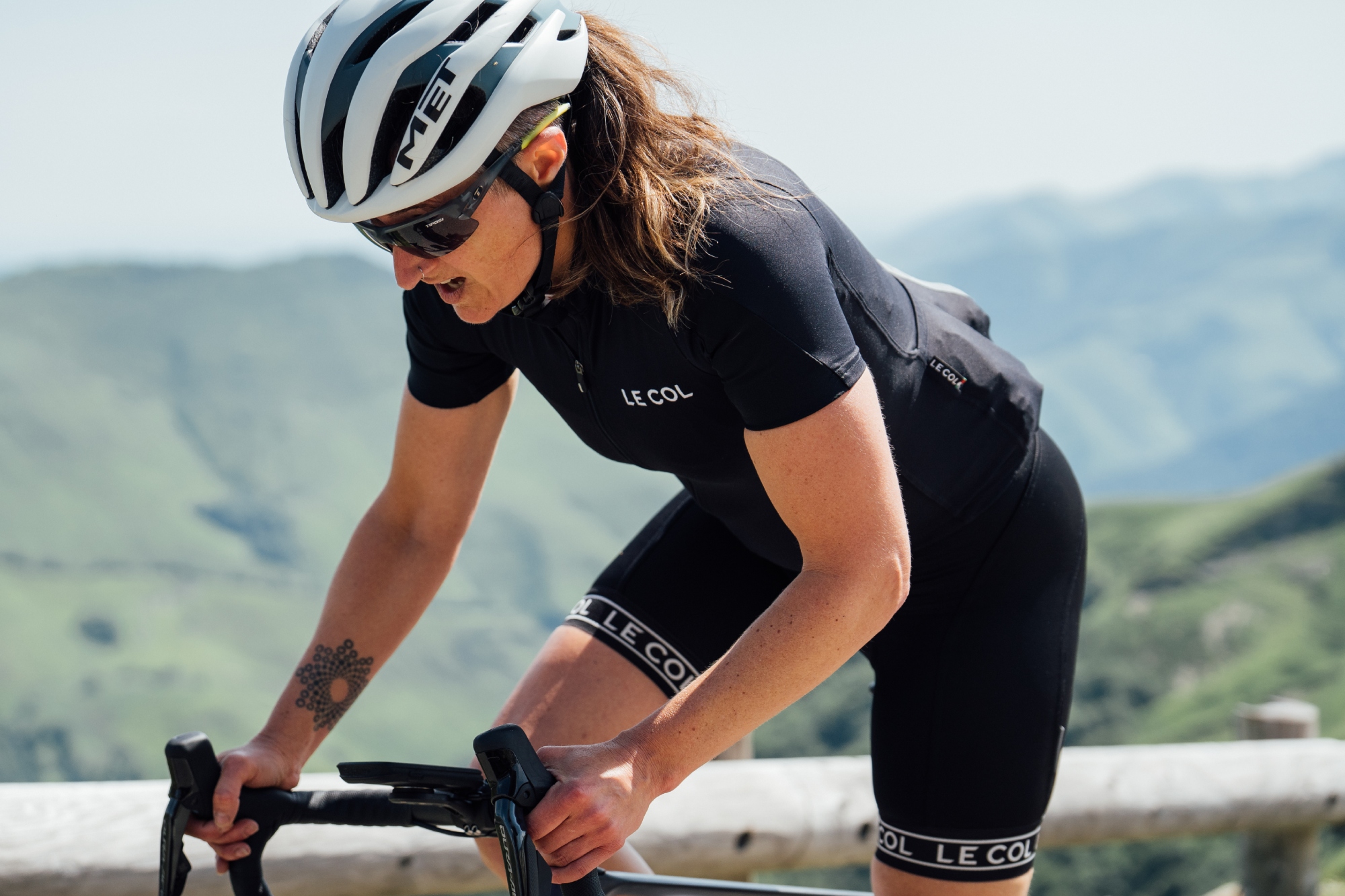
Starting from where I am now, not where I used to be
1: Letting go of what I used to do
"If there’s one hill I will die on, it’s that what you used to do doesn’t matter now," says Sacha Lucas, Personal Trainer and Fitness Coach. "Goals change, priorities change, life changes. It doesn’t mean you’ve gone backwards," Lucas says, before adding that I need to focus on what I’m doing now, today, tomorrow, this week.
"That’s what matters" she says, "what you used to do shouldn't dictate what you are doing now. And that’s where you start".
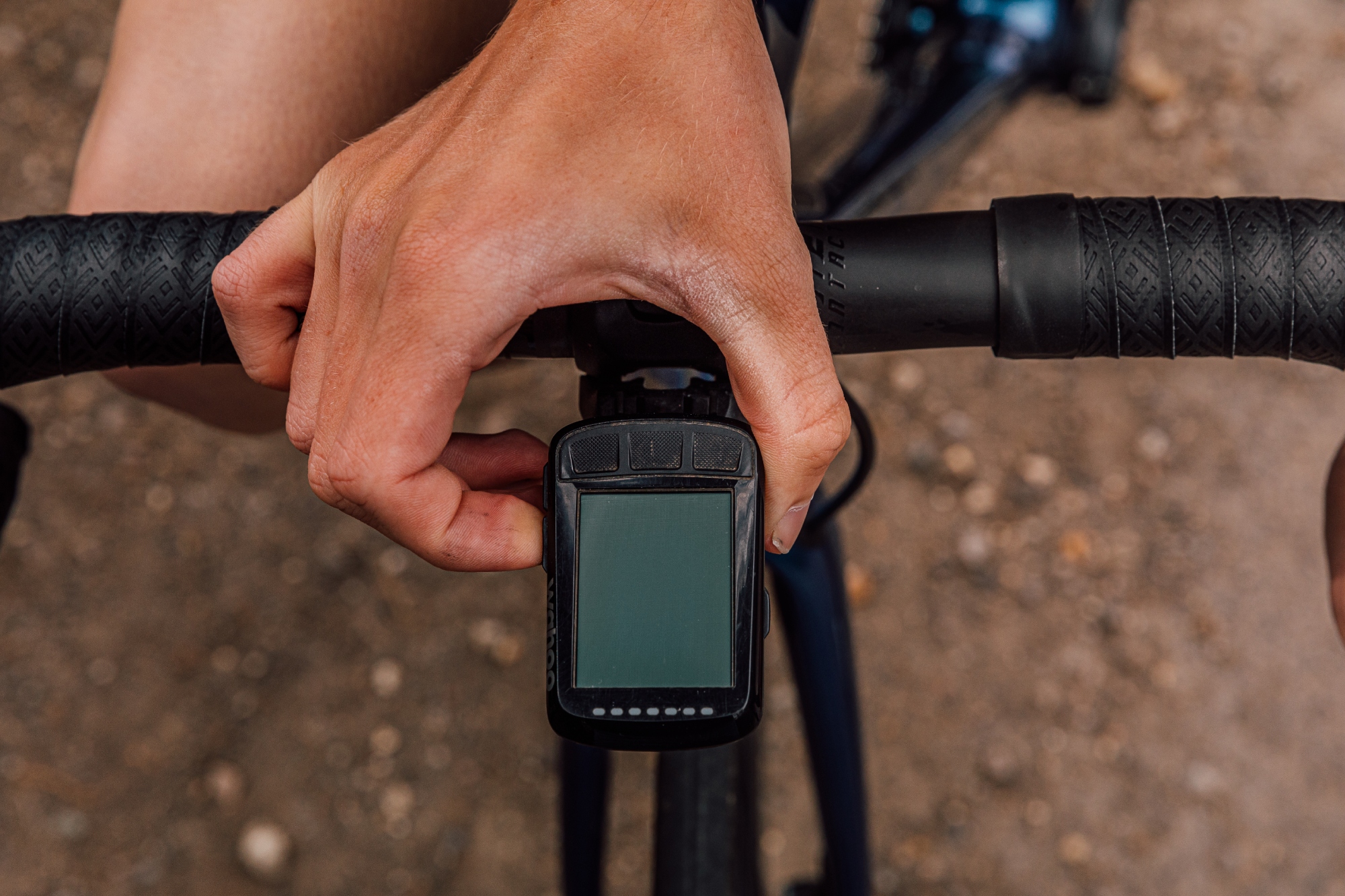
Switching off the data
2. I’m no longer going to measure my rides
Think progress, not perfection. An hour on the bike is always better than the three I mentally planned, but didn't get round to riding.
"As endurance athletes, it’s easy to get stuck with the mentality that unless you ride for six hours and come home trashed that the ride wasn’t worth it," says former professional cyclist and cycling performance coach, Dr Sally Bigham. "But when you have a family or other commitments, you need to get creative with your riding.
"I coach a lot of riders who are really time crunched, and it’s a matter of getting imaginative and being smart with how you progressively overload your training. This will deliver the same fitness returns but in a time compressed way," Bigham says, before adding the warning to be careful of measuring too much ride data, as that in itself can create performance anxiety, even in short training sessions.
"Take it really back to basics" she advises "and just ride on perceived effort, or heart rate if you must, it will significantly reduce the stress of a ride".
Bigham is a firm believer in the concept that "if you focus on having fun then everything else will click into place, and the watts look after themselves".
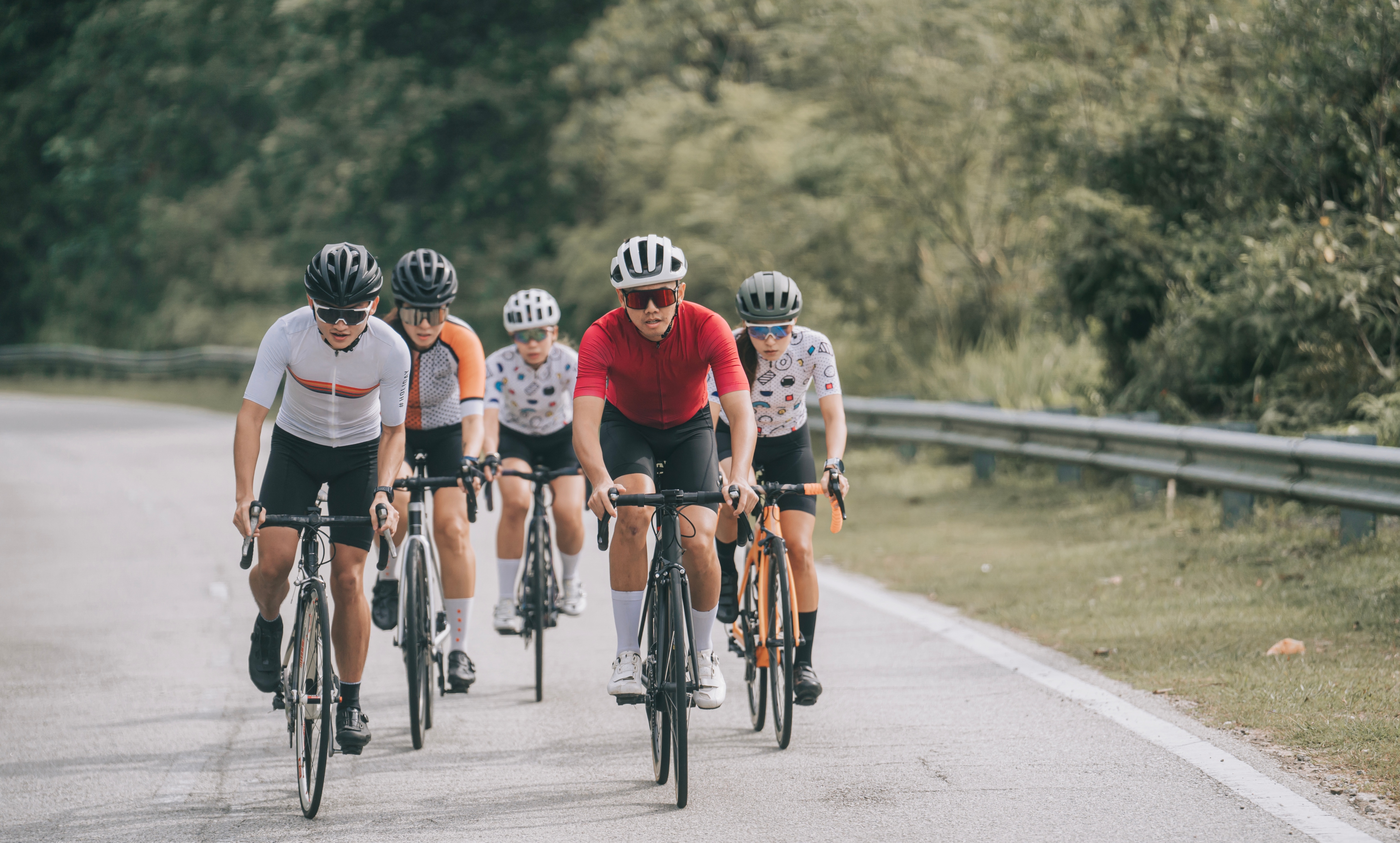
Group rides are just riding bikes with mates
3. Stop fearing group rides
"This is what I call the ‘party effect’" says former Olympic Program Cycling Coach and elite athlete, Lee Povey. "You’re worried about what you look like or what others are going to think, but the reality is that we’re all thinking the same thing.
"If you set yourself global rules, like 'I’m going to ride a set distance in January' for example, this helps you stop focusing on others and allows you to focus on yourself.
"Use the group rides to add accountability to your riding. If you commit to riding with others, it will stop you backing out and letting people down, which can really help with building routine and habits."
Bigham also agrees that group rides should be something to look forward to and not find intimidating.
"Remember it’s meant to be fun," she says, with heavy emphasis on the 'fun'. "Look at it as just riding bikes with your mates. If you can leave all expectations of what you feel you ‘should’ be doing at the door and go with an attitude of just wanting to enjoy yourself then the rest will take care of itself".
When I mentioned the fear of being the slowest on the ride, Bigham shares the perfect antidote: "Reframing can really help your riding. Even when I was a professional rider at my very best I swore by the moto ‘the one who has the most fun wins’ and it really helps take the pressure off and put joy back in riding".
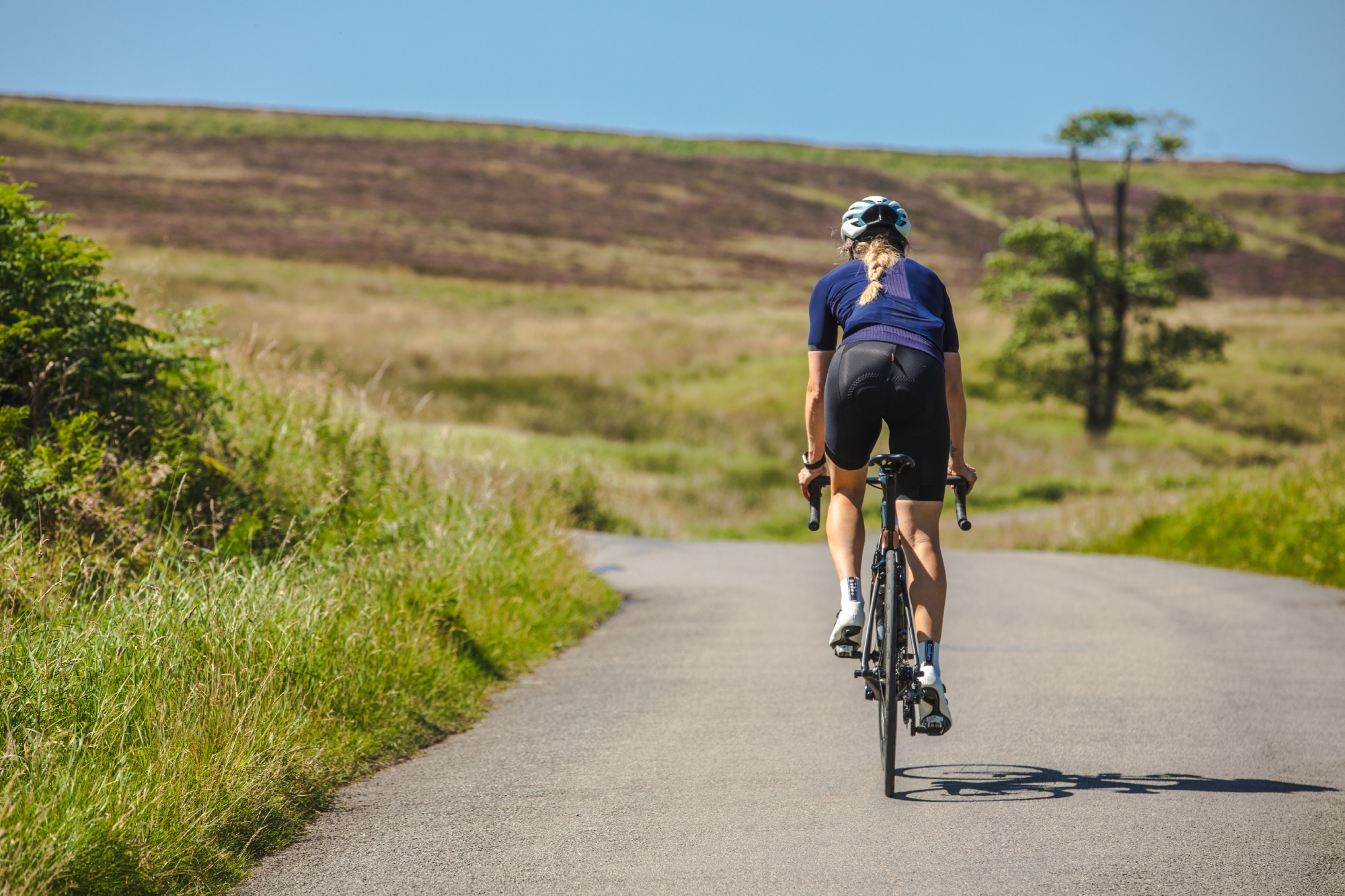
See riding bikes as an investment policy
4. Stop feeling parent (mum) guilt
You know the oft used anecdote about 'putting on your own oxygen mask, first'? I will now put on my own cycling life jacket first. Bigham, as a mother of two humans and a very active dog, cements why it’s so important to carve out ‘me time’ a few hours a week."Exercise is an investment, physically and mentally, in yourself" she tells me.
"It’s not just a health insurance policy for later life, but being fit allows us to become the best versions of ourselves.
"Riding is a great way to get rid of tension, release endorphins and feel better. I know once I’ve exercised outside, I come home and am totally present and more attentive to my children. My kids know I’m better after exercise too, they even shout 'go out mummy' if I haven’t already been out in the day!"
Exercise can pay off in so many ways, "we also do our best thinking when riding," she adds: "We come up with solutions to problems, become creative and increase productivity. It shouldn’t be seen as being selfish, it should probably be prescribed!"
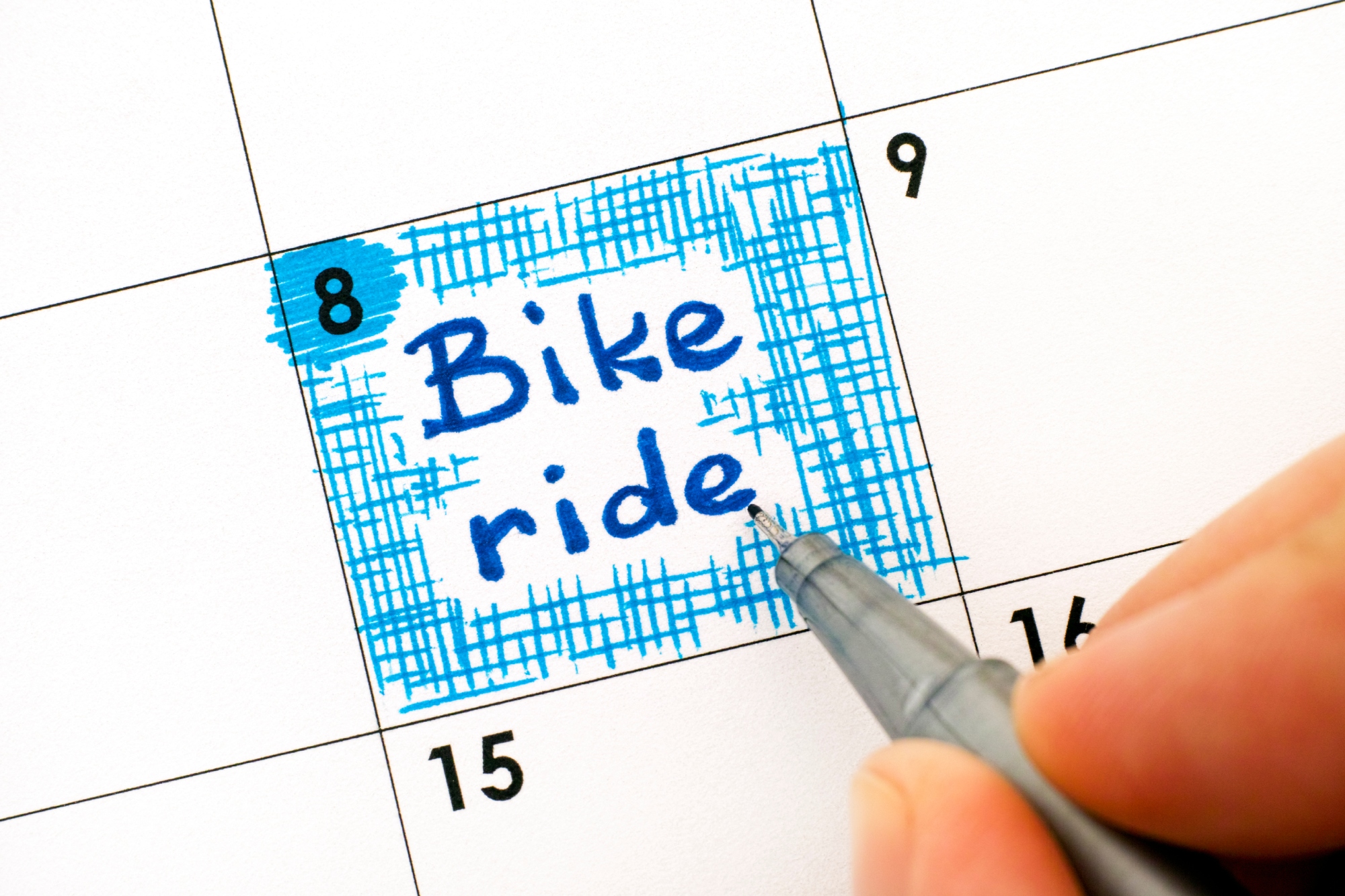
Making bike riding a habit
5. Create a new bike riding habit
"We’re creatures of habit, and routines really help make it so much easier to stick to," confirms Bigham. "You might need to nudge yourself the first three or four times, but then it’ll become habitual. Once your body and mind starts to realise how good it feels to ride, it becomes something you don’t want to stop" Bigham concludes.
To help with this, Povey advises to "lower the bar to resistance. Put out your kit the night before, have your bike shoes and helmet by the door," he says, "do whatever it takes to make getting on your bike as easy as possible."
This includes any planning, "try to take as many decisions away from your riding days as possible. So know what session you are planning to ride, or route you are going to take. Not having to think about what to do can really help in unlocking a mental block to riding.
"By showing up and being consistent you are practising performance on a daily basis. I’m not advocating to train when you are ill, but think ‘tweak’ as opposed to ‘cancel’, then you’re not constantly having to get back into the routine. Just twiddle the volume on your normal routine and it helps embed the habit," he says.
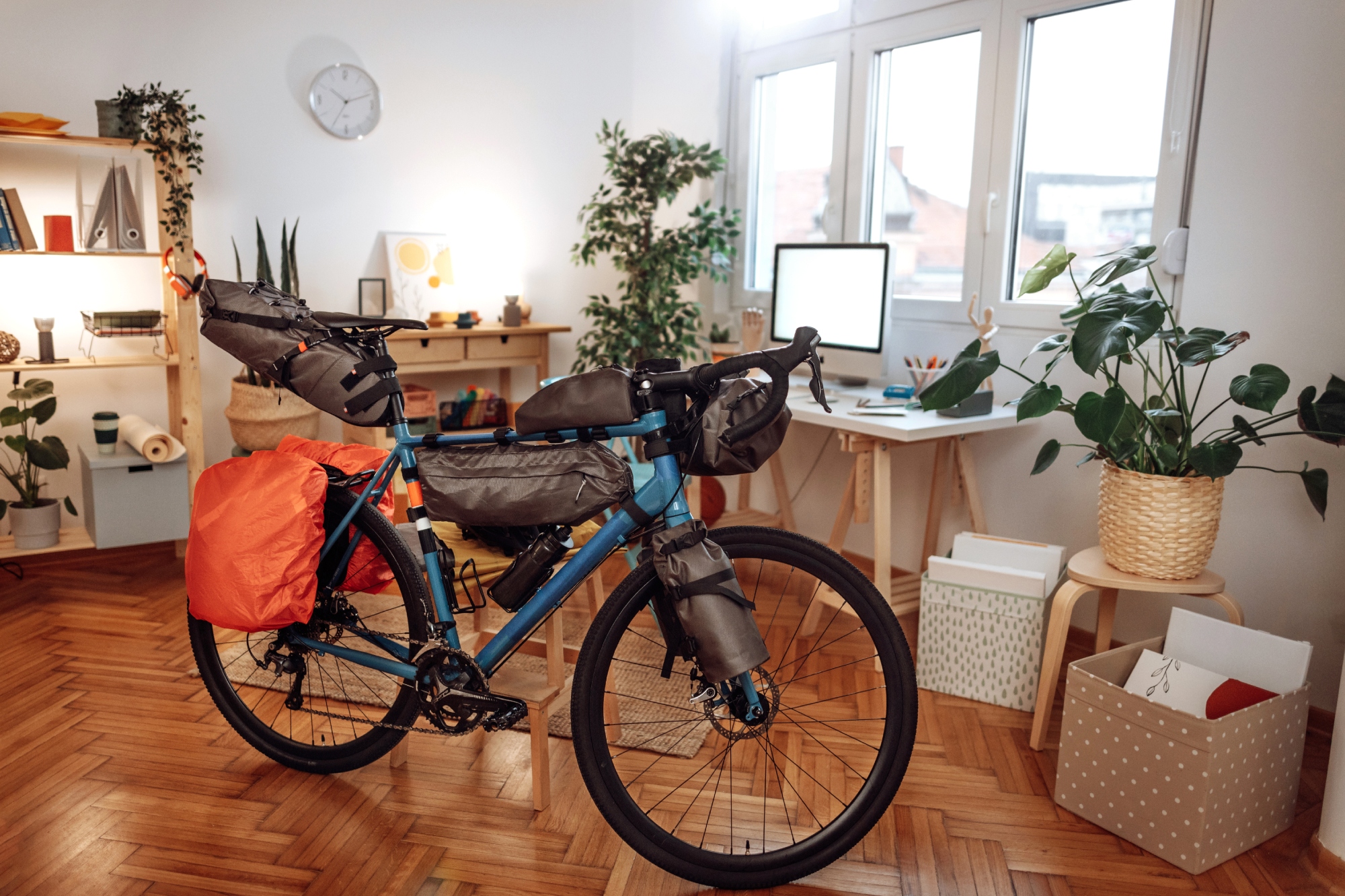
6. Front load my bike admin, and outsource if I need to
Bigham again offers excellent insight in how to tackle what I’ve coined ‘bike admin’, it’s the bike faff that can often be the nail in my bike riding coffin when I realise I can’t find a pump, inner tubes or that my bike lights aren’t charged.
As with advice on how to make riding a habit again, she tells me it’s all about making things as easy as possible to get out on the bike.
"I’ve recently replaced a physical ride for one of my coached riders with a bike faff session," she laughs.
"If every bike ride starts with the stress of trying to locate items, or set up trainers, you’re going to feel reluctant to ride knowing how that feels. It may feel like a sacrifice of your precious ride time, but once you are set up, it opens so many more riding opportunities."
When it comes to the practicalities of maintaining a bike through riding in all weather Bigham also has a great idea “Outsource” she recommends. “It could be a way for the kids to earn a little pocket money.
"If you really aren’t able to look after your bike, buy cheap gear, or a cheap bike that you don’t mind trashing, a winter single speed would be a perfect way to keep bike maintenance low (and it would get you very strong).
"It might seem extravagant, but you have to look for solutions and un pick your barriers to riding," Bigham urges.
This comes with a healthy dose of practical advice from Povey: "We all overestimate what can be done in a short period of time.
"If you are planning an hour’s ride, be realistic and know that it will take 90 minutes once you factor in getting the bike ready, and then putting it away once you're done. So block that time out, or you’ll spend the whole ride feeling like you need to get back."
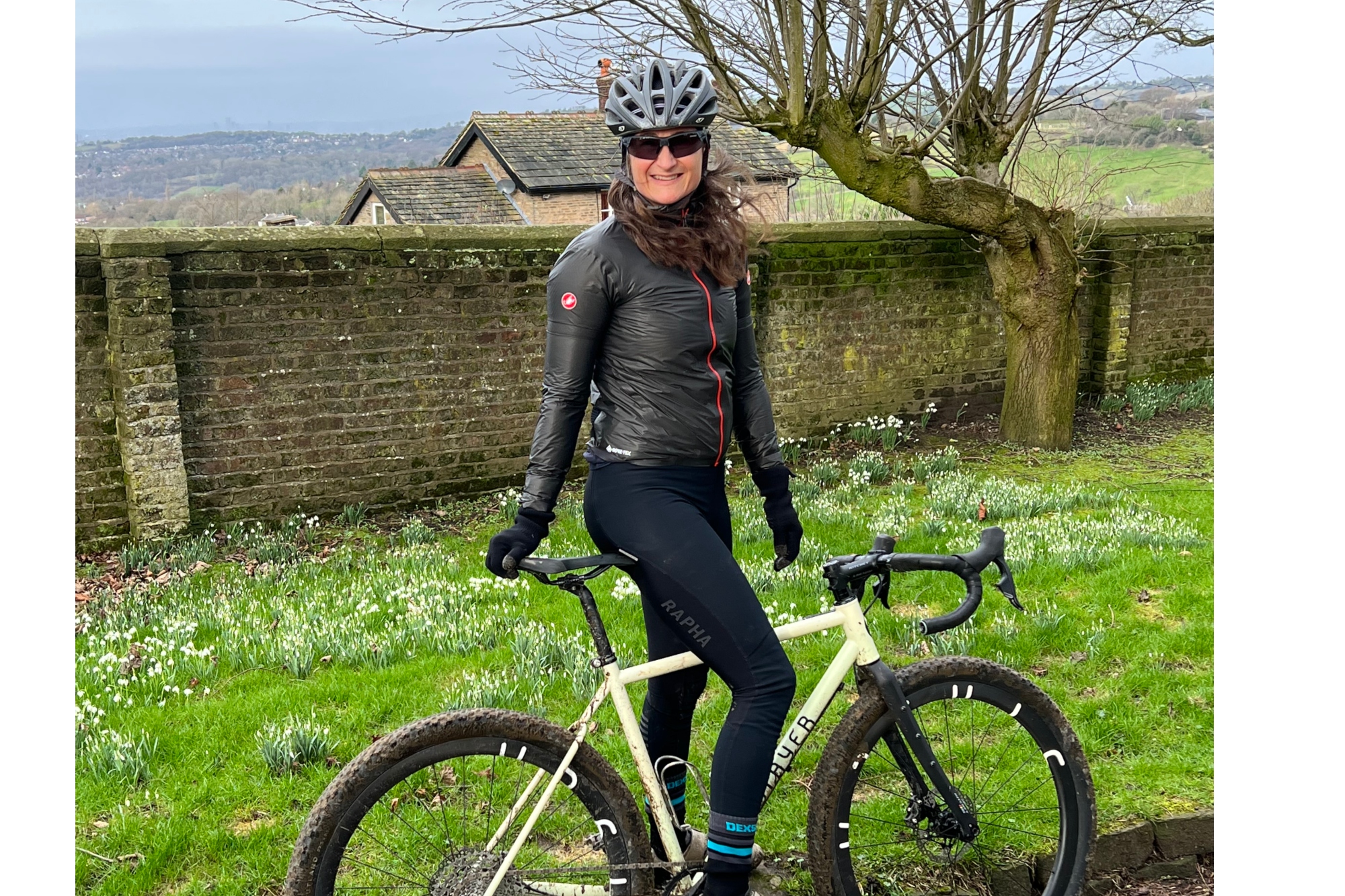
Setting a goal of having more fun
7. Set goals that bring me joy and become my own cheerleader
"What are you wanting to achieve?" asks Bigham: “Having a goal on the bike can be the added purpose to riding, helping to motivate you and set excitement for working towards an achievement," she says.
The lightbulb moment for me here is when Bigham states: “Goals don’t have to be ‘performance focused' . A goal of having fun is a fantastic target to aim for.
"Or it can be just to ride a certain distance, or event. Having short, medium and long term goals can help inspire you when you're feeling less inclined to get out on the bike," Bigham concludes.
Povey adds his wisdom to the concept: "Even if you don’t want to return to competitive cycling, winning events is only really a by-product of all the consistency of routine performance.
"You’ll be surprised how much you can achieve if you just give yourself the time to do so. People are in such a rush to get results, but if you slow down you’ll get more rewards."
It's also important to recognise the small wins: “Be sure to put in markers to your goals along the way and when you get there, actually take time to celebrate these victories," Povey says. "We’re all so quick to put ourselves down, but not congratulate ourselves for the small wins along the way,” guides Povey before closing with a piece of really important advice.
"Don’t forget to be kind to yourself, you are doing this for fun. The only person you are doing this for is you. So the only real goal is to be the best person you can be."

Thank you for reading 20 articles this month* Join now for unlimited access
Enjoy your first month for just £1 / $1 / €1
*Read 5 free articles per month without a subscription

Join now for unlimited access
Try first month for just £1 / $1 / €1
Hannah is Cycling Weekly’s longest-serving tech writer, having started with the magazine back in 2011. She has covered all things technical for both print and digital over multiple seasons representing CW at spring Classics, and Grand Tours and all races in between.
Hannah was a successful road and track racer herself, competing in UCI races all over Europe as well as in China, Pakistan and New Zealand.
For fun, she's ridden LEJOG unaided, a lap of Majorca in a day, won a 24-hour mountain bike race and tackled famous mountain passes in the French Alps, Pyrenees, Dolomites and Himalayas.
She lives just outside the Peak District National Park near Manchester UK with her partner, daughter and a small but beautifully formed bike collection.
-
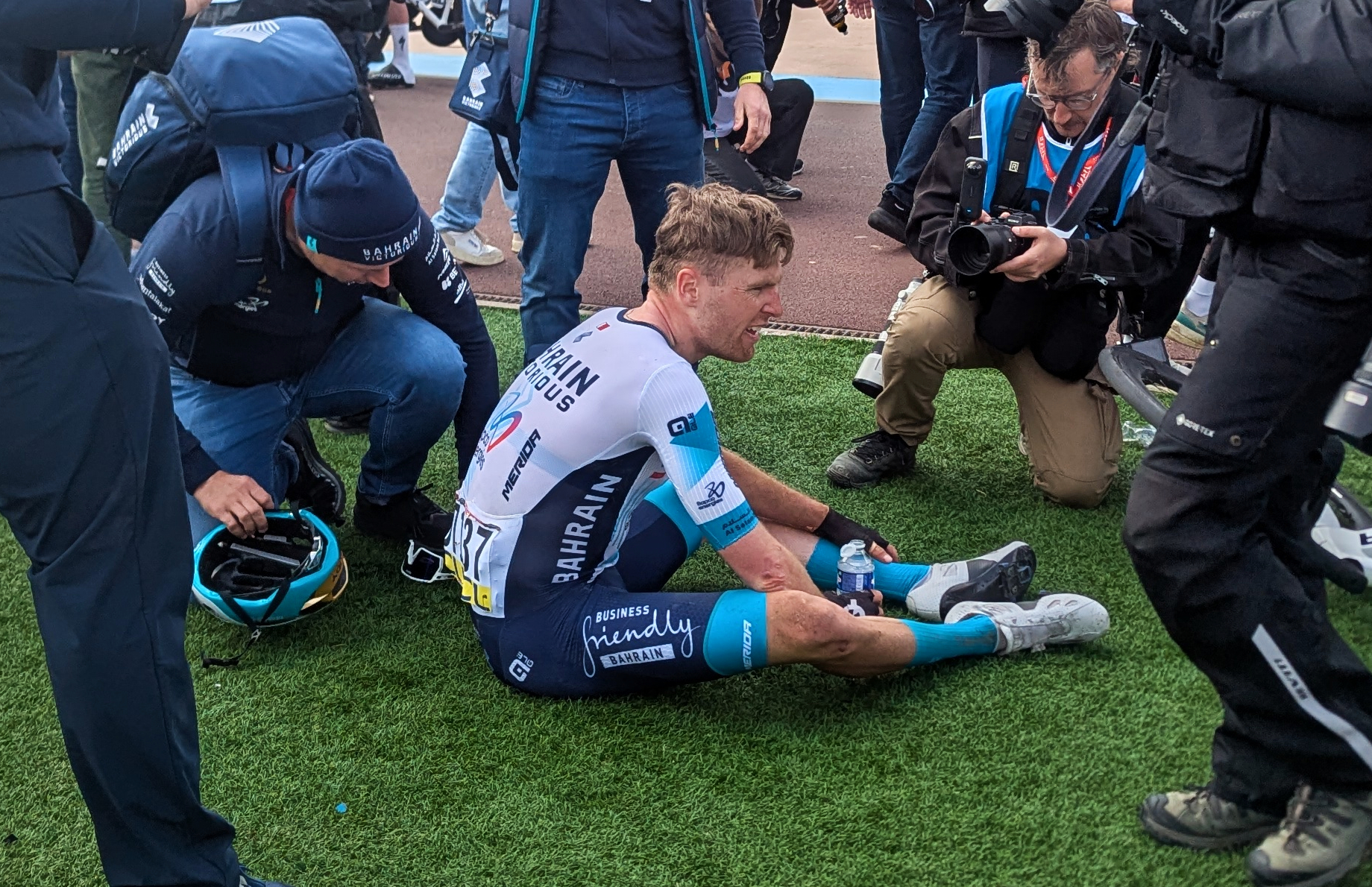 'I'll take a top 10, that's alright in the end' - Fred Wright finishes best of British at Paris-Roubaix
'I'll take a top 10, that's alright in the end' - Fred Wright finishes best of British at Paris-RoubaixBahrain-Victorious rider came back from a mechanical on the Arenberg to place ninth
By Adam Becket Published
-
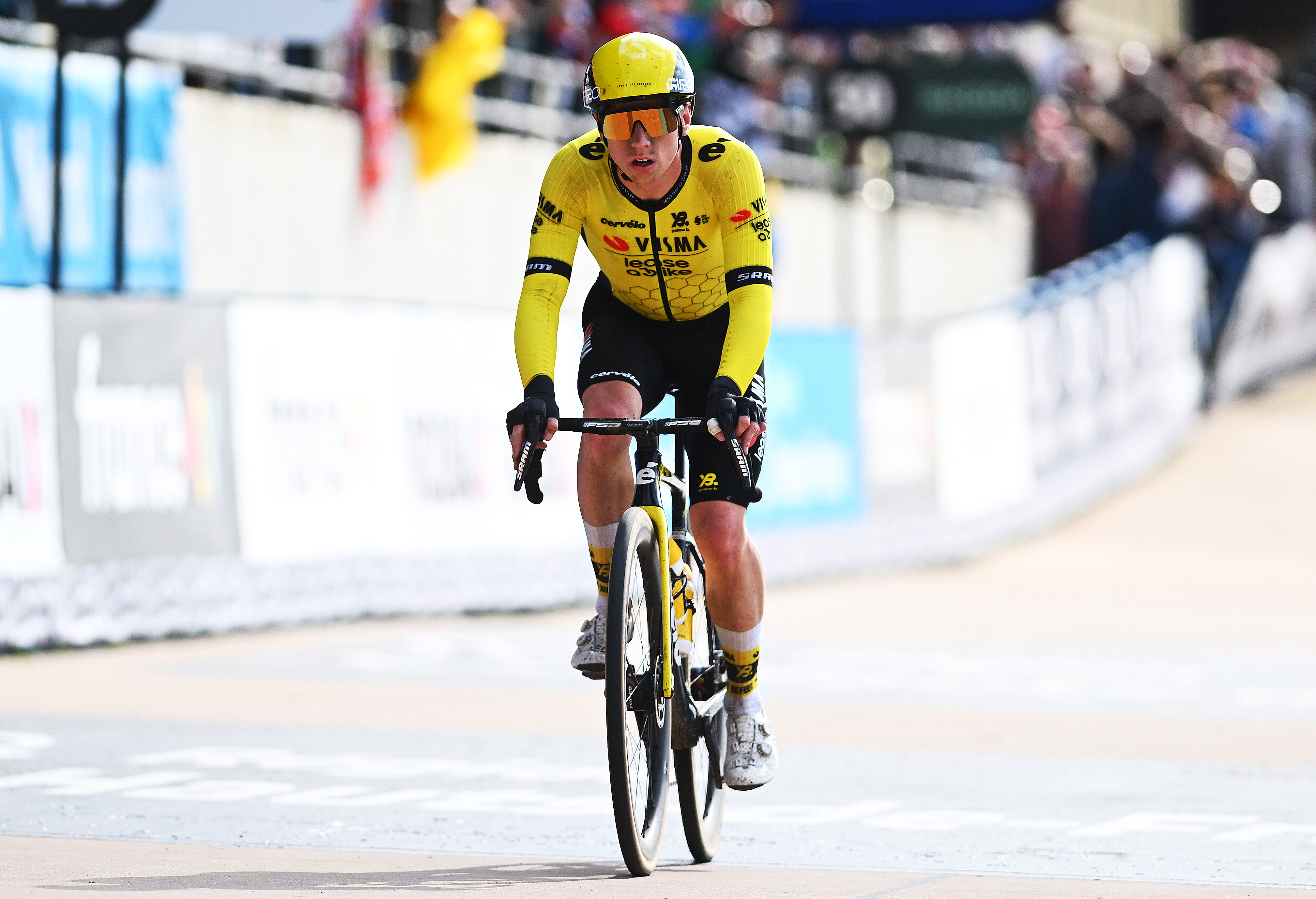 'This is the furthest ride I've actually ever done' - Matthew Brennan lights up Paris-Roubaix at 19 years old
'This is the furthest ride I've actually ever done' - Matthew Brennan lights up Paris-Roubaix at 19 years oldThe day's youngest rider reflects on 'killer' Monument debut
By Tom Davidson Published